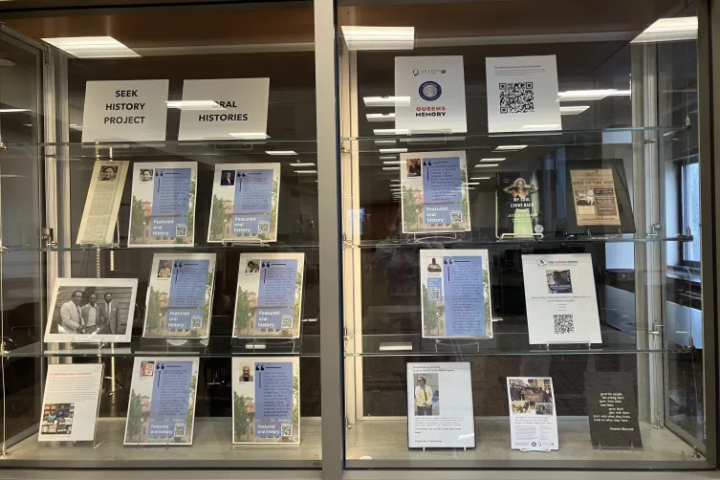On July 30, Medicare will celebrate its 51st anniversary. Before preparing the party and getting the cake, we must applaud the resilience and resourcefulness of the Medicare program for the past 51 years.
Unfortunately, Medicare faces a financial problem that might result in changes to the program. The problem comes as the baby boomers retire and are living longer. There is ongoing fear that the government will run out of funding for Medicare, resulting in reduced money for current and future recipients. While funding is an issue, there is hope for the program. And that hope is called privatization.
The current situation for the future Medicare. The Federal government have been approached by many options, with two being the most popular solutions among conservatives; raising the age limit and cutting benefits. However, these options may not be the best choices for the program.
Increasing the age limit required for Medicare has been a favored option. From a historical standpoint, this proposal makes sense, as the program was built at a time when people (on average) lived until 62. Today, people are living past 78 years of age.
In theory, raising the age limit would save the government money because fewer people will sign up. While this theory is sound, it is only delaying the inevitable as people will eventually reach the new age to apply for Medicare. The average age rate will grow past 78. As for saving money, the Congressional Budget Office estimates that raising the age limit to 67 would only save the government 19 billion dollars. 19 billion dollars is not much compared to the 605 billion dollar Medicare budget.
Another popular solution is to cut benefits to recipients. However, this will reduce the quality of care that the elderly receive. Patients will get lower access in obtaining the proper treatments for their conditions. Access to drugs, doctors, and requirements might become a financial burden to those who seek care.
One way to solve the financial problem for Medicare and still keep recipients happy, is to privatize Medicare. In one way, this is already happening with the Medicare Advantage plan under the Affordable Care Act. The Medicare Advantage is offered by competing private insurance companies who would provide health plans to seniors and then receive compensation from the government.
The Medicare Care Advantage program has 17 million signed on, making 30% of the Medicare population. The important difference with this program compared to the old Medicare program, is that seniors would have all their health benefits under a custom made plan, instead of the relying on general Medicare coverage. This may mean greater benefits such as dental, prescription drugs, and vision.
Privatization has shown to decrease the price of supplying medical care through using competition and the new concept of focusing on the entire health of a person. Competition between the bids of insurance companies will create an efficient market equilibrium. Under the old system of Medicare, the focus primarily on sick care than total health. By observing the total health on a patient, sicknesses may be prevented, leading to further financial savings. The Congressional Budget estimates a total savings of 156 billion by switching into the new program.
In general, further privatization can be a viable option for the future of Medicare. By continuing on this track, we can see further savings for the government. As the program becomes more supported and we can expect to see positive results in the quality of care and financial stability. Through this, we can hope to see Medicare celebrate future anniversaries in futures to come.
John Rozmus is a student at Baruch College, studying Finance and Political Science.











